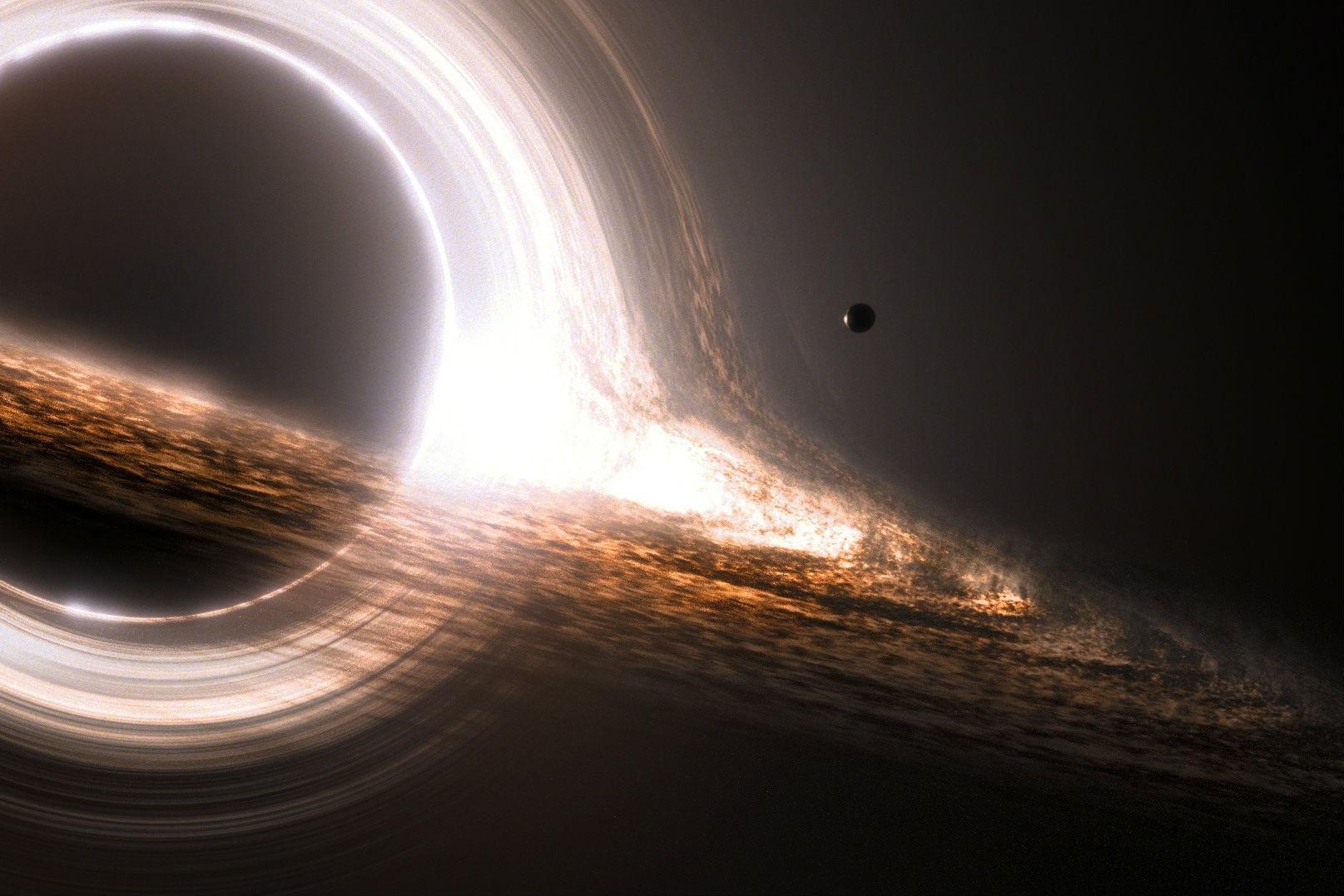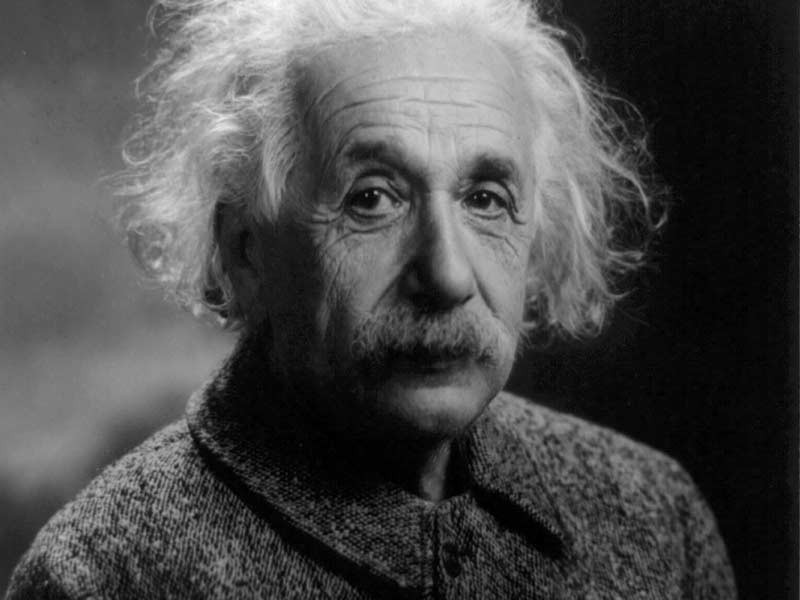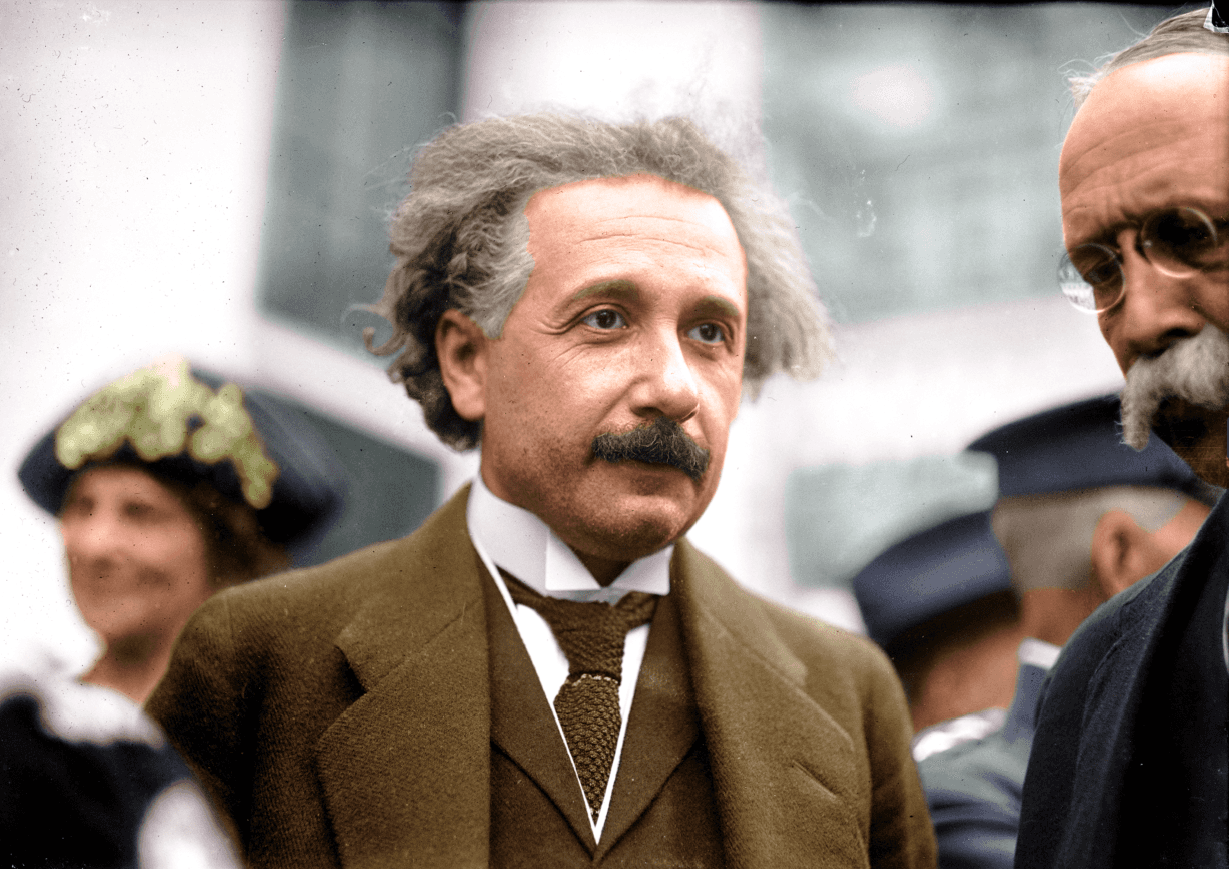description:
The great theories of physics are like great works of art. And much like the greatest works of art, you don’t need to completely understand them in order to appreciate them. The unifying theories of physics are among the greatest and most complex in all of science; they stand as incomparable masterpieces in the gallery of modern thought. As you experience them, you will witness their progression toward ever-grander insights, pointing towards an as-yet-unfinished ultimate synthesis that will transform our understanding of the universe. Anyone, no matter what their training in science and mathematics, can appreciate this quest, which is nothing less than a search for the theory of everything.
episodes:
01. Two Prototype Theories of Everything
Embark with Dr. Lincoln on a search for a theory of everything-a simple and comprehensive explanation for all physical phenomena in the universe. Confront the incompatibility of our two best prototypes: the standard model of particle physics and the general theory of relativity.
02. The Union of Electricity and Magnetism
Learn how two seemingly separate phenomena, electricity and magnetism, were shown by James Clerk Maxwell in the 1860s to be aspects of a single underlying force, demonstrating how unification works in physics. Then see how Maxwell’s equations of electromagnetism make a remarkable prediction.
03. Particles and Waves: The Quantum World
Follow one of the strangest turns in modern science: the discovery of the paradoxical world of light, which spawned the theory of quantum mechanics. Discover how light and matter behave as both particles and waves, and look at evidence for this curious feature of the quantum world.
04. Einstein Unifies Space, Time, and Light
Trace the reasoning that led Einstein to his special theory of relativity, proposed in 1905. Address common misconceptions about this startling new view of time and space, which led to ideas such as mass-energy equivalence, the impossibility of faster-than-light travel, and the space-time continuum.
05. Relativistic Quantum Fields and Feynman
Take a deeper step into the quantum world, observing how the theory of quantum electrodynamics, or QED, unites quantum mechanics with special relativity. Discover that the handy sketches of subatomic behavior called Feynman diagrams (named after physicist Richard Feynman) are really equations in disguise.
06. Neutrinos Violating Parity and the Weak Force
Study the weak nuclear force, which is responsible for beta decay: the emission of an electron from a nucleus during radioactive decay. Discover that much more is going on, including weird transformations that pose a challenge to a theory of everything.
07. Flavor Changes via the Weak Force
Analyze more idiosyncrasies of the weak force, focusing on the three massive particles that mediate its interactions. Discover that the weak force is unique in its ability to change a characteristic called flavor, and learn that at high energies the weak force is exceptionally strong.
08. Electroweak Unification via the Higgs Field
A key step in the quest for a theory of everything has been the realization that the electromagnetic and weak forces are aspects of the same force. Follow the saga of electroweak unification, which culminated in the discovery of the Higgs boson in 2012.
09. Quarks, Color, and the Strong Force
Explore the force that helps hold the atomic nucleus together, called the strong force. Chart the discovery of this mysterious mechanism-which only works at extremely short range-and see how it led to concepts such as quarks, gluons, and the color force, which is responsible for the strong interaction.
10. Standard Model Triumphs and Challenges
Bring together all the concepts studied so far to gauge how close physicists are to a theory of everything. Focus on the shortcomings of the standard model. Then zero in on two burning questions: Why is the mass of the Higgs boson so low, and why does matter predominate over antimatter?
11. How Neutrino Identity Oscillates
Transition to a new perspective as Professor Lincoln spotlights speculative ideas that may contribute to a theory of everything. In this lecture, explore the mysteries of neutrinos, which are extraordinarily hard to detect yet hold intriguing clues about the possible unity of fundamental forces.
12. Conservation Laws and Symmetry: Emmy Noether
Consider why mathematics is such an effective tool for describing nature. Then focus on mathematician Emmy Noether’s remarkable insight that links symmetries in the equations of a physical system to conservation laws, such as the conservation of energy and conservation of momentum.
13. Theoretical Symmetries and Mathematics
The first inklings of a successful theory of everything will probably arise from symmetries and group theory. Prepare for this epochal moment by digging into these important mathematical ideas. Also, learn to approach proposed theories of everything with fascination, tinged with healthy skepticism.
14. Balancing Force and Matter: Supersymmetry
One of the most attractive ideas for physicists searching for a theory of everything is supersymmetry, which treats force- and matter-carrying particles as interchangeable. Explore major problems that supersymmetry solves and the shortcomings that convince some scientists that perhaps some other ideas must also be considered.
15. Why Quarks and Leptons?
The fundamental building blocks of matter are thought to be quarks (which interact by the strong force) and leptons (which interact by the electromagnetic and weak forces). But could there be a deeper level? Explore the theory of preons, which may be even more fundamental than quarks and leptons.
16. Newton's Gravity Unifies Earth and Sky
Gravity is by far the weakest of the fundamental forces. Learn how Newton achieved the first major unification in physics by showing that terrestrial and celestial gravity are the same. He also tacitly equated inertial mass and gravitational mass, leading to the startling theory 250 years later.
17. Einstein's Gravity Bends Space-Time
Built on the equivalence of inertial and gravitational mass, Einstein’s general theory of relativity explains gravity in a surprising new way. See how matter and energy determine the shape of space and time. Investigate confirming evidence for general relativity, including the discovery of gravitational waves in 2015.
18. What Holds Each Galaxy Together: Dark Matter
Trace the discovery of missing mass surrounding most galaxies, which leads scientists to infer that 85% of all matter is “dark” and can’t be observed directly. Evaluate the major theories about this discrepancy, and consider its implications for a theory of everything.
19. What Pushes the Universe Apart: Dark Energy
Turn to dark energy, the ghostly energy field that appears to be pushing the universe apart at an ever-greater rate. Learn how this extraordinary discovery was made in 1998, and explore theories that attempt to explain dark energy and its strange consequences.
20. Quantum Gravity: Einstein, Strings, and Loops
A theory of everything must fit gravity into the quantum realm, reconciling the general theory of relativity with the standard model of particle physics. Explore the features of gravity that make this unification so difficult, and evaluate two intriguing approaches: superstring theory and loop quantum gravity.
21. From Weak Gravity to Extra Dimensions
Venture into extra dimensions to investigate gravity’s extraordinary weakness compared to the other fundamental forces. This journey also sheds light on the possible creation of subatomic black holes in particle accelerators and why tiny black holes pose no risk to humanity.
22. Big Bang and Inflation Explain Our Universe
Starting with the big bang, plot the history of our universe, focusing on events in the tiniest fraction of the first second, when phenomena such as supersymmetry, superstrings, and quantum loops may have come into play. Consider the explanatory power of the theory of cosmic inflation.
23. Free Parameters and Other Universes
Now step into the realm of other universes. Do they exist? If so, how could we possibly know? Start by examining the free parameters that govern the structure and behavior of our universe. Then seek answers to four crucial questions that address why the parameters take the values that they do.
24. Toward a Final Theory of Everything
Finish the course by reviewing unified theories since Newton, analyzing a remarkable equation that brings major insights together and represents the current status of a theory of everything. Then look ahead to the next steps, and hear Dr. Lincoln’s own research agenda for this momentous quest.










